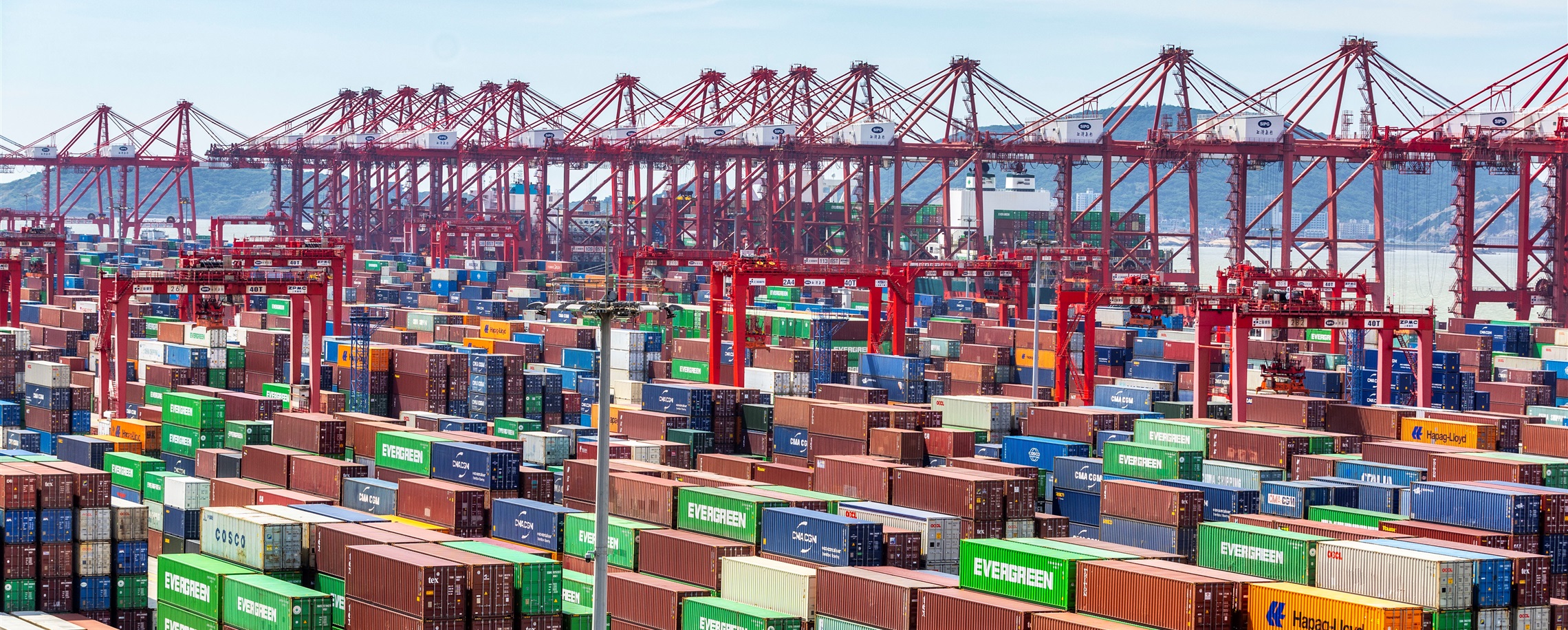Generative AI Leads the Change in Medical Device Market
Ernst & Young published its latest white paper on generative AI at this year's China International Import Expo, sending a clear message: artificial intelligence is no longer a buzzword in China's medical device market. It is becoming the operating system of the future.
The report, Generative AI in the Medical Device Sector, shows how algorithms are starting to affect every step of the value chain, from R&D to quality control, doctor-patient engagement, and back-office management.
According to EY, the global market for AI applications in medical devices is predicted to reach roughly US$97.1 billion by 2028, thanks to the increasing adoption of AI-powered diagnostic tools, smart medical devices, wearables, and surgical robotics.
Frost & Sullivan reports that the medical equipment business in China has grown from approximately 729.8 billion yuan (US$102.5 billion) in 2020 to 941.7 billion yuan in 2024, showing a compound annual growth rate of 6.6 percent. This consistent development can be attributed to rapid technology innovation, an aging population, and rising demand for chronic disease management.
The rush to integrate AI into products and processes is already underway. For decades, China's medical equipment sector has expanded in size, with hospitals purchasing more CT scanners, implants, and monitors.
The country's medical device business, which was formerly driven by sheer expansion, is now transitioning from volume to value, from selling equipment to delivering intelligence. And AI, particularly generative AI, is at the center of this shift.
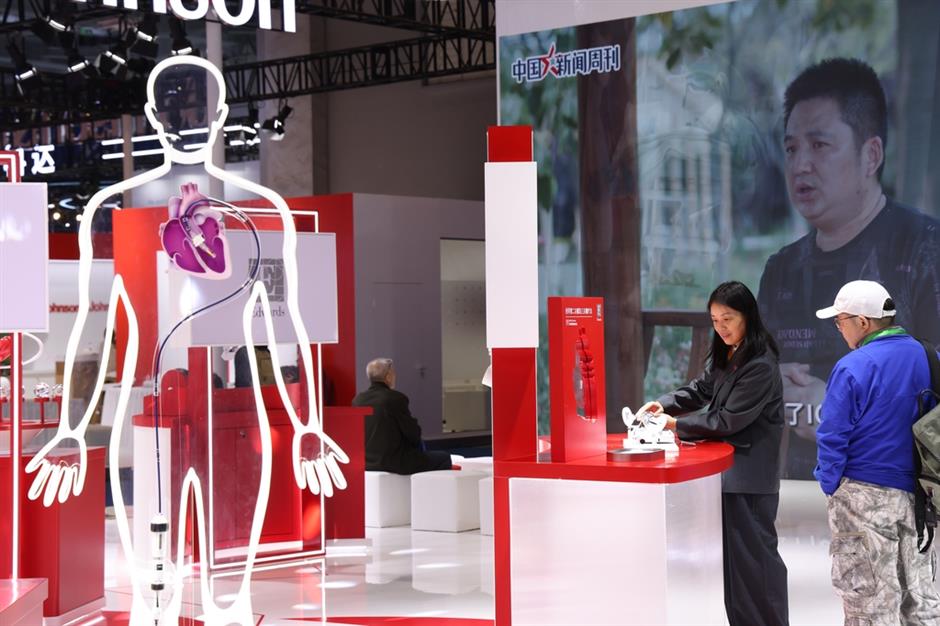
"AI is moving from an auxiliary tool to a core capability," said Wu Xiaoying, co-leader of EY's Health Science and Wellness Sector in China. "Companies that can integrate AI into their daily learning, decision-making, and operations will be the most competitive."
In radiology, deep learning is already shaving hours off diagnostic workflows. AI-assisted image interpretation now detects early lesions with a level of precision that once took years of clinical experience. "In imaging equipment, we've seen measurable improvements," Wu said. "Interpretation time has shortened, sensitivity has gone up, and doctors can focus more on patients rather than processing data."
Inside factories, machine vision is taking over the microscope. High-resolution cameras powered by AI can spot invisible cracks and tiny deviations in parts long before they reach the assembly line. The result, according to EY, is fewer defects and faster regulatory approvals – a quiet but critical revolution in how devices are made.
And in corporate offices, a new kind of AI is starting to talk back. Several large manufacturers are deploying what Wu calls "AI for BI" – business intelligence systems that managers can literally chat with. "Instead of manually pulling thousands of spreadsheets, executives can just ask: 'How are we tracking against our sales goals in East China this quarter?'" Wu explained. "The system answers instantly, and that changes the rhythm of decision-making."
Yet for all the excitement, progress still runs into an old problem: data.
"AI needs data the way the body needs blood," Wu said. "And right now, high-quality, shareable data is still scarce."
Hospitals operate fragmented IT systems; privacy rules are tightening; interoperability remains poor. As a result, algorithm validation takes months longer than expected, delaying regulatory approval and commercialization. "It's not a technology issue anymore," she added. "It's a data issue."
Regulators, meanwhile, are trying to keep pace. Policies now outline clearer frameworks for algorithm updates, data governance, and filing mechanisms – guardrails that give companies a way forward. Wu believes compliance is no longer the main barrier: "If firms follow the standards, the rules are clear enough. The harder part is building trust and shared data ecosystems."
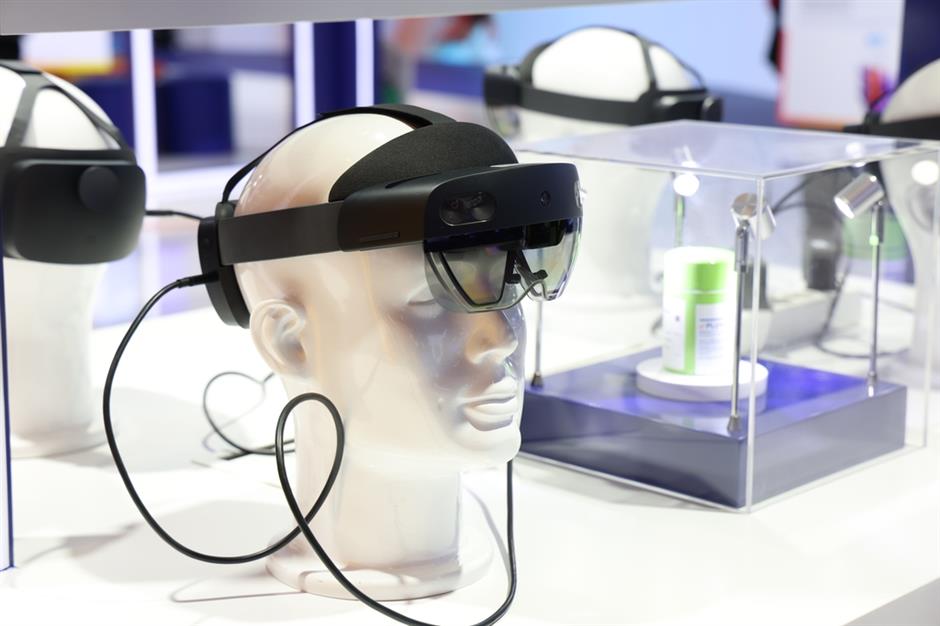
China's newly released 15th Five-Year Plan calls for breakthroughs in innovative drugs and high-end medical devices, positioning biomanufacturing and synthetic biology as new growth engines. "It's a signal that healthcare innovation is no longer just about medicines," she said. "Medical devices are part of the same strategic map. The focus now is original innovation, key technologies, and high-end manufacturing."
That means medical device makers are being asked to evolve – fast. No longer can they rely solely on hardware performance or distribution networks. EY argues that the next wave of competition will revolve around data, algorithms, and the seamless integration of these elements with business strategy.
Wu argued that the topic was no longer about when to use AI. The focus had shifted to how to incorporate AI into an organization's core strengths.
For an industry that once measured success in units sold, that's a profound shift. And it may define which companies and which countries set the pace of global healthcare innovation in the decade ahead.
In Case You Missed It...
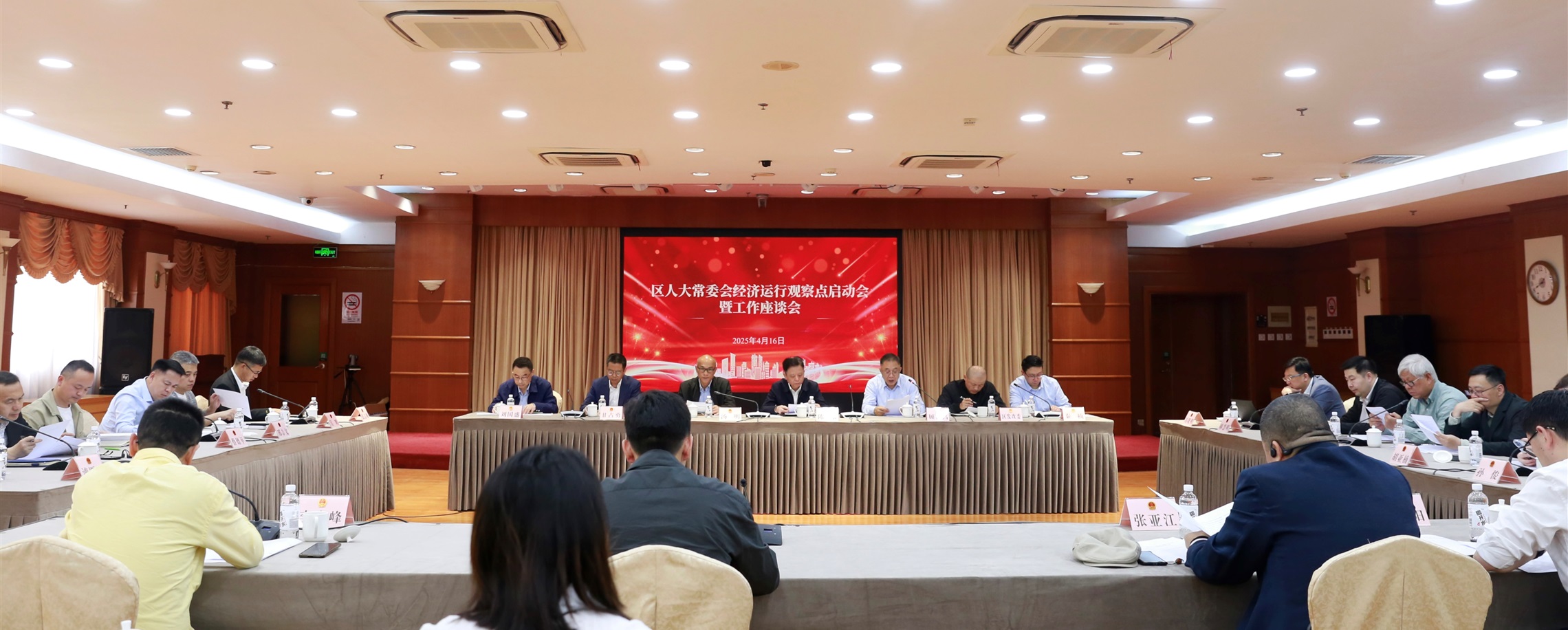
![[Expats & Ailments] SH Now a Destination for Cancer Treatment](https://obj.shine.cn/files/2026/01/14/d90bda5a-7585-4aa6-9f18-18ba4de58ab0_0.jpg)
![[Expats & Ailments] SH Now a Destination for Cancer Treatment](https://obj.shine.cn/files/2026/01/13/b4a6e056-fea2-4b38-acc8-a3c5de900e5b_0.png)
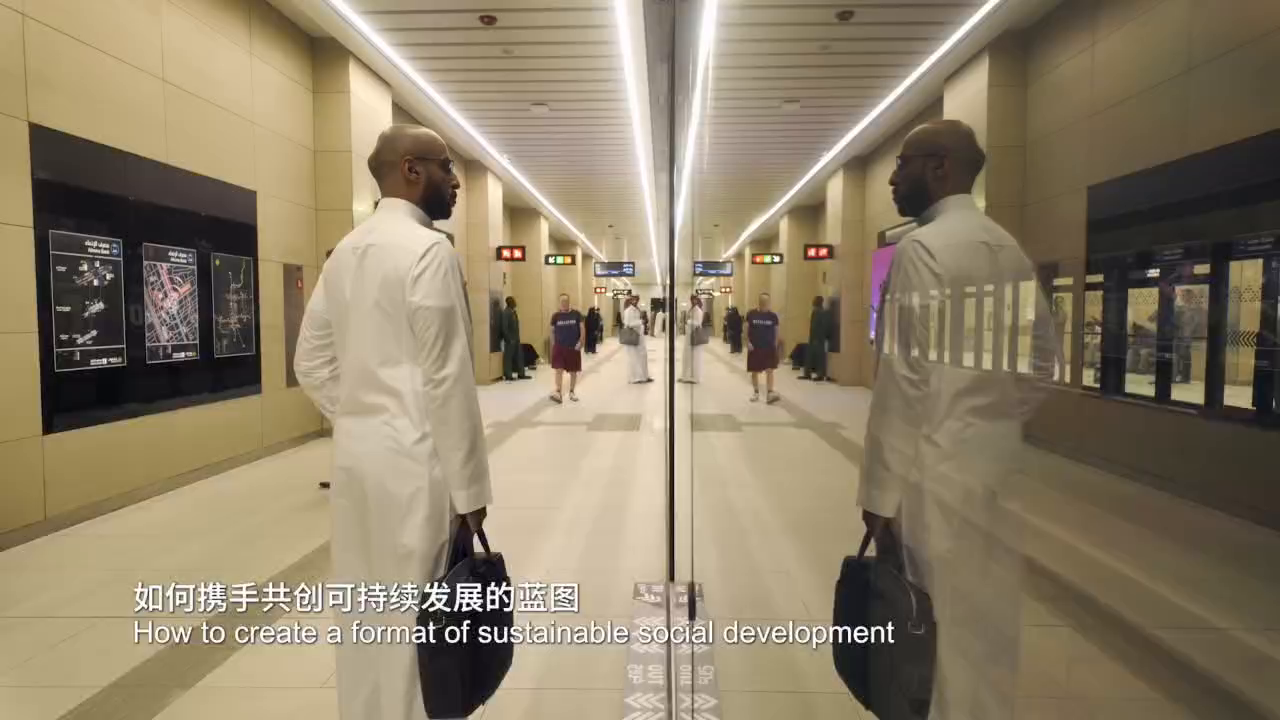

![[BIG News] HUGE Changes at City News Service. Click to Read More](https://obj.shine.cn/files/2026/02/09/88ce1daa-abb4-42e9-a9f5-b1d8ec90d9cc_0.jpeg)
